
About US
MISSION
SDU University strives to produce graduates who can become global citizens and understand unified education and sustainable development based on their values; skilled professionals and disseminators of experience and innovation; citizens who contribute to the betterment of our country and humanity as a whole through quality education and training.
VISION
To become a modern university known for its responsibility in education, research and innovation based on technology, shaping modern trends in Central Asia and having a significant impact at the global level.
VALUES
– Honesty
– Respect
– Openness
– Responsibility
– Unity
Since 1996 SDU University has been one of the leading and innovative academic institutions in Kazakhstan that improves educational program through new ideas and creativity, loyalty to ethics and principles, autonomy and adaptability, achievements without limits, international-level professionals, and leaders of the future. Also, since 2020, SDU University has
been a member of the Academic Integrity League
— Academic Integrity course
SDU Timeline
- 1996
University opened
- 1997
Philology Faculty
(Now the Faculty of Education and Humanities)
- 1998
Faculty of Economics
(now the SDU Business School)
Faculty of Engineering
(now the Faculty of Engineering and Natural Sciences)
- 2001
The first 9 graduates
The first SPT
- 2003
The first dormitory
- 2008
New campus construction
- 2011
New campus opened Faculty of Law and
Social Sciences
- 2013
Dormitory building opened on campus
- 2018
University
Transformation
Project
- 2021
SDU’s 25’th
Anniversary
- 2022
Opening of the new H Block with an area of 6000 m²
- 2023
Rebranding of SDU University
Opening of the SDU Life cultural and sports complex with an area of 4355.55 m²
Discover SDU
Programs and School at the University
As one of the first universities to teach in English, SDU offers 61 educational programs, including 29 undergraduate programs,24 master’s programs and 8 doctoral programs, of which 3 study programmes are innovative. The University has a trilingual education system (English Medium Instruction based), according to which 70% of educational programs are taught in English and 30% are available in English, Kazakh or Russian. Training is conducted according to the ECTS system (European Credit Transfer and Accumulation System), which is the European system of transfer and accumulation of credits.
The university comprises as Multidisciplinary Center, as well as 4 faculties:
Faculty of Engineering and Natural Sciences
Faculty of Law and Social Sciences
SDU Business School
Faculty of Education and Humanities
Faculty
Today, SDU has a staff of 456 professors and over 8932 students. SDU’s teaching staff are professionals in their field who graduated from prestigious educational institutions in the country and abroad. The university has a total of 456 teachers, of which 20% are candidates in science and 36% hold PhDs. In 2020, 59 researchers participated in research projects, resulting in 33 and 19 scientific papers being published in journals indexed in the international databases Scopus and Web of Science, respectively. In addition, the university’s scientific department publishes four scientific journals.
456 TEACHERS:
20%
Candidates in science
36%
PhDs
Rankings
SDU is highly regarded by Kazakhstan rating agencies, and in 2020, the university was ranked 6th among the top 10 universities in the National Chamber of Entrepreneurs’ “ATAMEKEN” rating. Many specialties at SDU also ranked among the top 3 and top 5 in the country, according to the ratings of IAAR and the National Chamber of Entrepreneurs “ATAMEKEN”, highlighting th high quality of education provided by the university. This year, SDU was ranked 350th in the QS EECA (Emerging Europe and Central Asia) ranking, demonstrating its commitment to achieving high performance and meeting national and international standards of education. To this end, th university regularly undergoes examination by an independent accreditation and rating agency.
Internationalization and global partnerships
One of the main strategic directions of the university is internationalization. In this regard, the university has attracted foreign top managers and involved foreign specialists in the teaching staff. Additionally, our mobility policy enables approximately one hundred students to exchange knowledge and experience abroad every year. Currently, more than 212 foreign students, including those from China, Russia, Mongolia and countries in Central Asia and Africa, study at the university. Cooperation agreements have been concluded with 70 universities in 15 countries and joint projects on academic mobility and the exchange of experience are currently being implemented. In addition, SDU University is a member in ASIIN Global University Network of Excellence (AGUNE). Being a member of AGUNE envisions SDU significant potential for enhancing the quality of student education, fostering faculty development, and providing opportunities for research and overall academic excellence. Moreover, our university is working on ERASMUS projects in the fields of pedagogy and engineering.
Student Life
SDU University has always been known for its unique and vibrant student life. Student clubs and traditional annual events provide opportunities to pursue creative and intellectual interests.
Laboratories
Technopark center stands for the commercialization of intellectual property, technological solutions, products developed within the university and helps for cultivation of technological entrepreneurs within the walls of university which creates innovative “eco-system” that supports the joint work of teaching stuff, students and private initiatives.
This laboratory provides students with hands-on learning experience and teaches them various laboratory methods and research methodologies. This prepares them for careers in academia, industry and healthcare, where they can contribute to the development of knowledge and the development of innovative solutions.
The courtroom gives opportunities for students to practice skills such as arguing a point under stressful circumstances, being able to address groups of people and being confident under pressure.
The Department of Engineering and Science has a CISCO lab. In this lab, students learn practical skills in networking and IT infrastructure and access to excellent resources and support that leads to promising career opportunities.
This lab provides training sessions for business school and engineering faculties in finance, information systems and networking from experienced specialist in this sphere.
This lab provides the opportunity to implement creative ideas of students and staff for video shoots, podcasts, interview and photo shoots. Multimedia lab is equipped with advanced studio equipment and high-quality lightning.
Inclusion at SDU University
SDU University is committed to fostering a diverse and inclusive community that values and respects individuals of all backgrounds. We believe that diversity enriches the educational experience and promotes a culture of openness and acceptance.
At SDU, we celebrate diversity in all its forms, including race, ethnicity, nationality, gender identity, age, religion, and socio-economic background. We recognize that each person brings unique perspectives, experiences, and talents to our community, and we are committed to creating an inclusive environment that embraces and harnesses these differences.
We believe that inclusion is not just a goal, but a process that requires continuous effort and engagement. To this end, SDU University inclusive education lead specialist – Kamila Rollan, has implemented an Annual Inclusion Monitoring Report.
The Annual Inclusion Monitoring Report provides an overview of the inclusivity landscape at SDU University, aligning with our commitment to fostering Equality, Diversity, and Inclusivity (EDI). This report aims to assess the university’s progress in
creating an inclusive environment, with a particular focus on the perceptions of the university community.
The primary objective of this monitoring initiative is to evaluate the effectiveness of our EDI policies and practices. By collecting and analyzing data on various aspects, including demographic characteristics, special needs identification, and perceptions of inclusivity, the report seeks to provide valuable insights into the university’s current state of inclusion and identify areas for improvement.
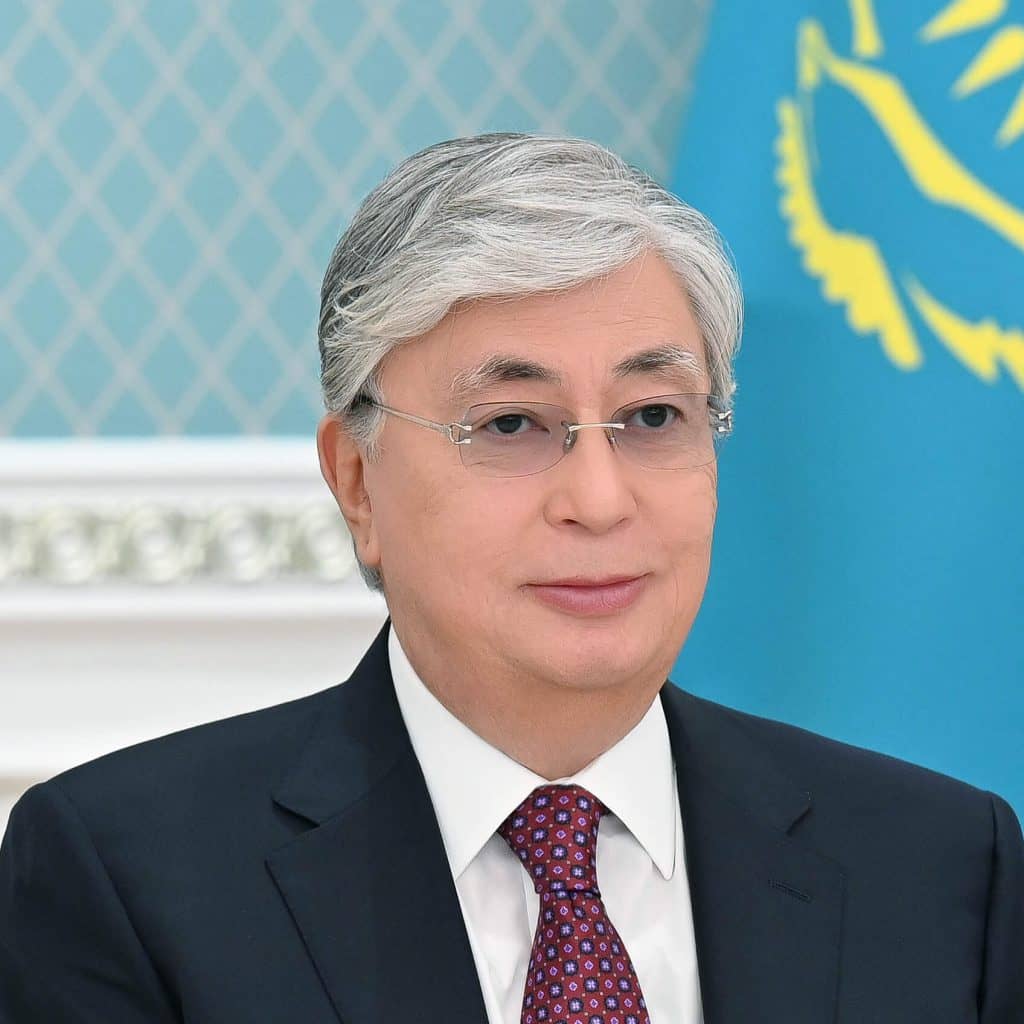
Kassym – Jomart Tokayev
President of the Republic of Kazakhstan
On September 05, 2023, the Head of State Kassym-Jomart Kemelovic visited SDU University, where he got acquainted with the education of the university and scientific initiatives of our students.
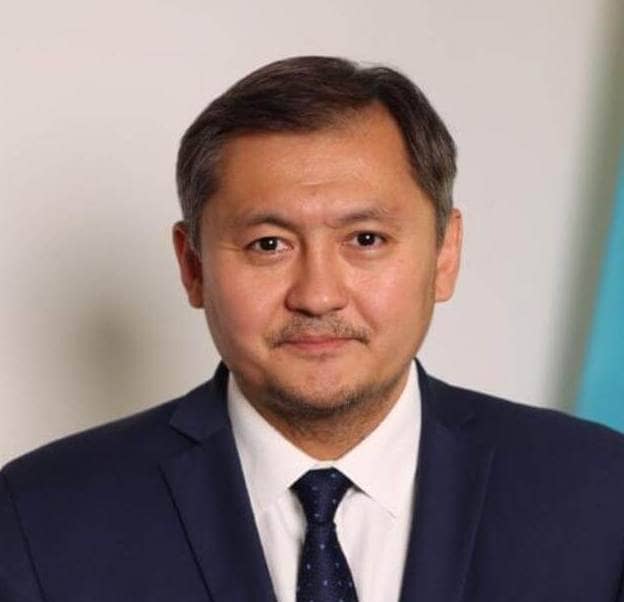
Sayasat Nurbek
Minister of Science and Higher Education
Minister of Science and Higher Education Sayasat Nurbek took part in the opening ceremony of a modern library at SDU University. At the opening ceremony of the library, the Minister noted that the spiritual center will give impetus to quality education, personal development of students.
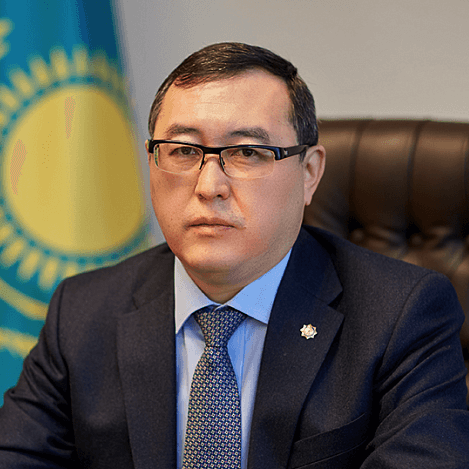
Marat Sultangaziyev
Akim of Almaty region
Akim of Almaty region Marat Sultangaziyev lectured to students of SDU University on the topic:
The first lecture of the work of the school of young public service “Samgau”, “How does the akimat work in practice and how it affects the development of the economy of the country?”.
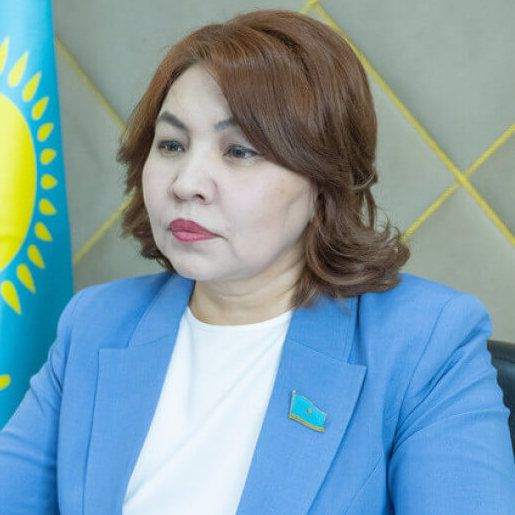
Bibigul Zheksenbai
Deputy of the Senate of the Parliament
Deputy of the Senate of the Parliament of the Republic of Kazakhstan Bibigul Zheksenbai held a meeting with the leadership and students of SDU University. During the meeting with students of journalism, the deputy emphasized the importance of activism, given that today every citizen has the opportunity to participate in the discussion in the adoption of the law.
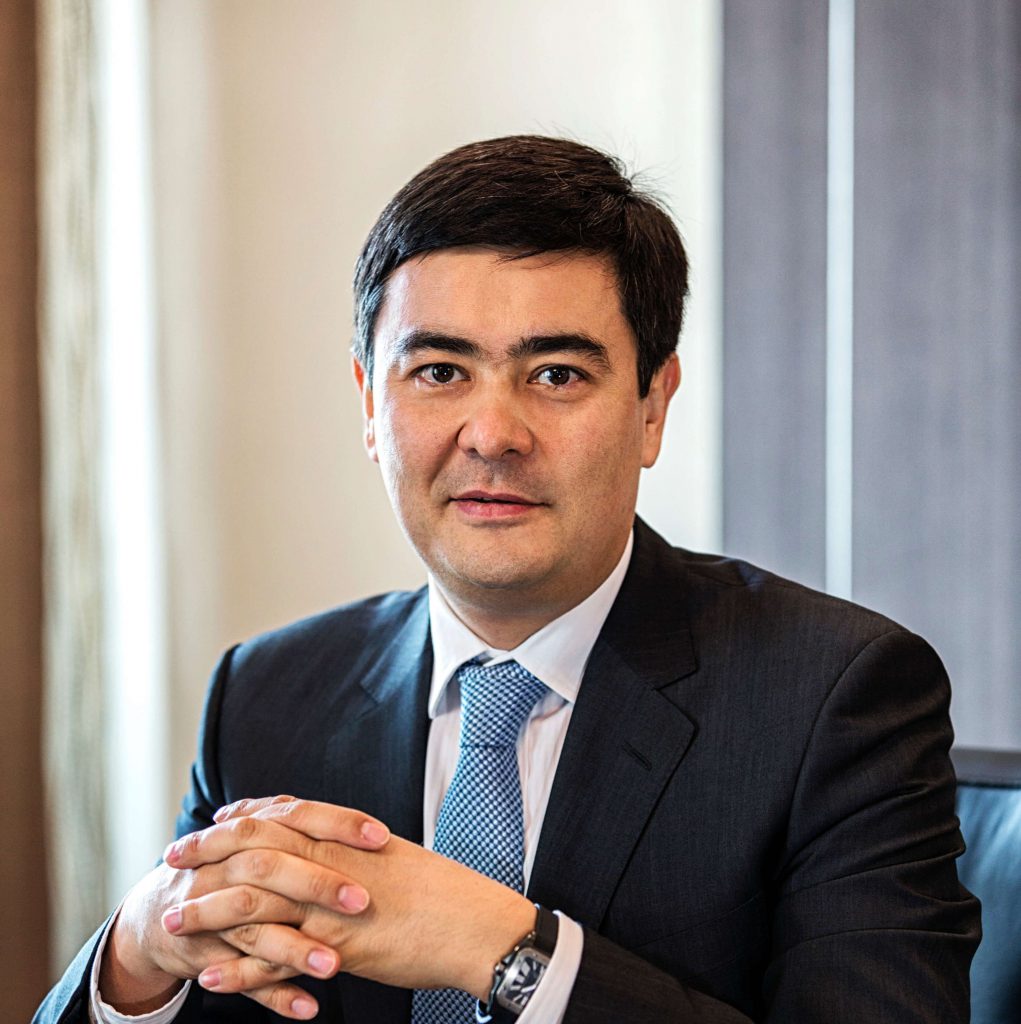
Armanzhan Baytasov
Journalist and Businessman
Professional journalist Armanzhan Baitasov visited SDU University. The well-known media manager within the framework of the new project “SDU Talks” held lectures for the university staff and students on the topic “Dana Yel”. The speaker told about the creation of projects in the media sphere, their implementation, and the intricacies of business.
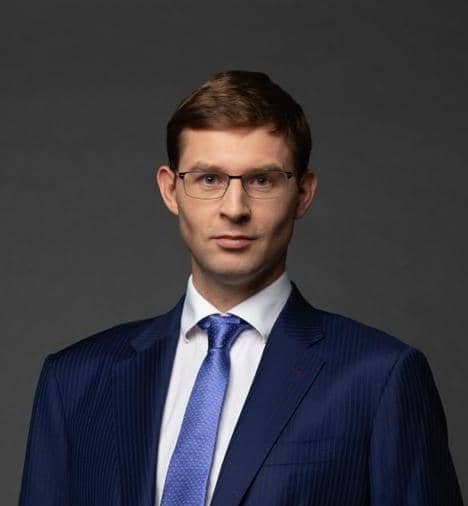
Timur Turlov
Executive Director of Freedom Holding Corp.
Timur Ruslanovich Turlov, CEO of Freedom Holding Corp. came to SDU University as a special guest within the framework of the SDU Talks project. In the main part of the meeting, Timur Ruslanovich, an expert of the financial sphere, expressed his opinion on the topic “Difficulties of entrepreneurship in the digital age” and noted the advantages of studying in leading educational institutions on the path of personal development.

In the heart of Kazakhstan, where tradition meets innovation, SDU University proudly unveils its new emblem, a symbol that encapsulates the spirit of our institution. At first glance, it pays homage to the cherished shanyrak, a symbol of unity, stability, and the rich cultural heritage of our region.
But this shanyrak takes flight! Its wings spread wide, embracing change, progress, and the limitless potential of education. These wings are not just an ornament; they represent our commitment to soar beyond boundaries, fostering a global perspective.
Nestled between these wings, a gentle light orange rhombus emerges. This rhombus symbolizes the warmth and openness of our university community. It’s a reminder that our university is inclusive, and we invite all to join us on this journey of discovery.
The new SDU University logo is a fusion of tradition and transformation. It signifies our dedication to preserving our heritage while embracing the future. Just as the shanyrak has stood the test of time, our university continues to evolve, adapt, and inspire.
Join us as we spread our wings and embark on a new era of knowledge, innovation, and collaboration at SDU University!






 1 ұпай:
1 ұпай:




